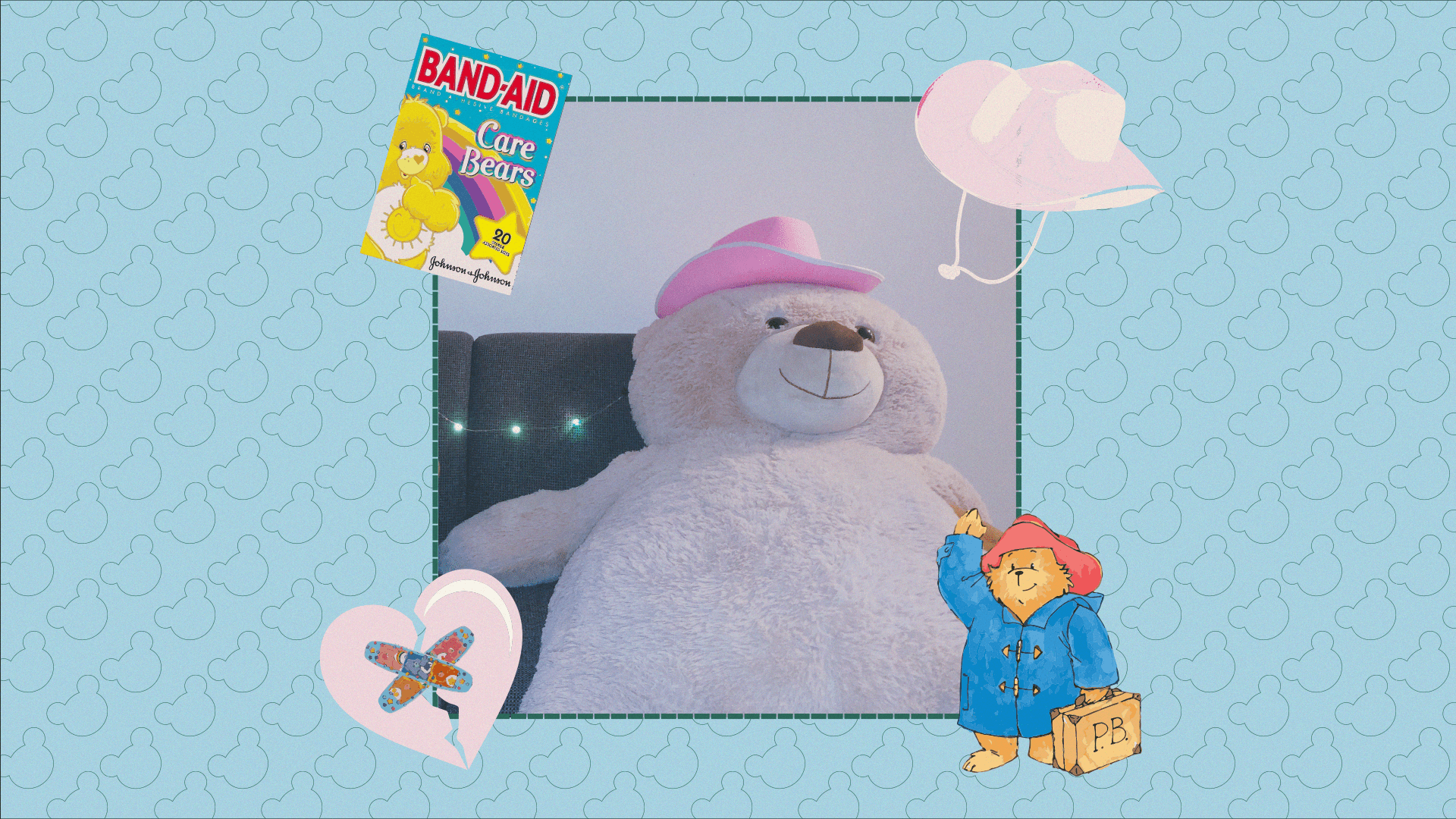
The Emotional Isolation of Living in a Full House
What ever happened to predictability?
Growing up, I’d wake up at five o’clock in the morning to sneak into the guest room and watch reruns of Full House on a tiny TV. I envied how alive the fictional home was, filled with people, conversation, and antics. When I was six, my family moved a few hours away from our big fat Greek family, and it was the five of us on our own until my two siblings and I went off to college. Then the pandemic forced my siblings and me to move back home. But in the last few weeks, with my grandparents moving into our home, I’ve had to adjust to living in a multigenerational “full house.”
Throughout the past year, my father drove out from New Jersey to Long Island every week to care for his parents from Sunday through Wednesday. Juggling responsibilities from work, home, and his parents, all during a pandemic, left him emotionally drained. Over the last few years, I’ve witnessed Parkinson’s disease debilitate my grandmother. My 82-year-old grandfather stepped up as her main caretaker, and he lost his physical and mental strength in the process. He’s probably the most stubborn and sharp person I know. However, once he fell last month and sprained his wrist, he could no longer live alone with my grandmother. So, they moved in with us.
Coincidentally, I stopped working as a nanny for a local family around the same time I found out they were moving in with us. Sure, I expected the transition from working in-person to spending all my time at home to be an adjustment, but I never could’ve prepared myself for the transition from working as a child caretaker to assisting in my grandparents’ care. When I worked as a nanny, I’d spend the majority of my days interacting with children. Today, I’m always surrounded by emotionally unavailable family members — who only talk to me in passing or when they need my help.
I’m no stranger to feeling alone while surrounded by people. As the middle child and someone who was bullied in their tweens, I often felt overlooked and misunderstood, to the point where I had to grin and bear it. When I went to college, I grew more comfortable with myself through my independence. I could explore every aspect of myself without judgment. I had no one to answer to and no one to hide from. Moving back home when my university went remote last March initiated a regression in my confidence and hierarchy within the family. I found myself isolating in my bedroom the same way I did as a teenager. I didn’t want to face the reality that I devolved from a successful college student with a social life and a promising future to an unemployed daughter.
When my grandparents moved in with us, I could no longer afford to hide out in my room. I spent the majority of my days downstairs, writing and applying for jobs while keeping my grandparents company and assisting with whatever they needed, from preparing meals to engaging my grandmother with word searches and puzzles. The collective roles within our immediate family shifted. My father remained the breadwinner, while my mom became my grandparents’ main caretaker. My sister still worked as a part-time teacher and graduate student, while I was newly unemployed. My younger brother, a sophomore in college, continued to pop up on FaceTime every other week. At home, I was officially at the bottom of the food chain as we navigated this transition together. I had the least responsibilities in our family, so I had no excuse not to step up.
Since I began spending more time with my family members, I’ve attempted to converse with them more often, asking how they’re doing, what they’re up to, and so on. Frequently, I’m shot down by my parents and sister — I’m told to stop asking stupid questions, to stop seeking attention, and to not bother anyone. In the past, I have asked for hugs in hopes of some kind of physical touch in a time when many of us barely receive any. My sister groans. My parents usually do not have the time to stop and give me a hug. “Later,” they’ll say.
I know I shouldn’t take it personally. My father’s stressors didn’t magically disappear once his parents moved in. He’s always on standby to help whenever his assistance is needed. He’s frequently canceling calls and working later now. My mom is emotionally and physically spent. She went from being an empty nester to living with two of her adult children and her husband’s parents. She views a trip to Costco as her “me time.” And my sister, well she’s managing in-person work and remote schooling. We rarely spend time together because she’s so busy or wants to be left alone. But on Monday nights, we watch The Bachelor and send each other memes on Twitter. The passive activity lets us briefly connect, but nothing more. I miss when people I lived with asked me about my thoughts, my day, and what I’m up to. I get that there’s not much going on, but life would feel a little easier if I could engage in social normalities. Somedays, I just want someone to talk to who is energized by my presence, not worn down by it.
Everyone I live with is struggling, but no one can put up with acknowledging their anguish. We make fun of each other at dinner and do puzzles with my grandmother every night. I watch my father pick up his mother from her wheelchair to carry her into bed. He cradles her in his arms, lays her down, and tucks her in. After I kiss her goodnight, he softly smiles at me. Bittersweetness sits in his eyes. It’s only after my grandparents go to bed that we disperse into our individual rooms and take a breath.
Every day it’s like we’re stuck on a set — forced to interact with each other to fulfill our new duties. However, there are no antics. There’s no fun to be had, only roles to uphold. The second I break character, I’m directed to be silent. My actions are expected. My emotions are on indefinite leave. The issue is there’s no script. I simply must manage whatever comes my way, yes, and-ing until the day is done.
I know I should be grateful. We have our health. We have our safety. I have my family. But I crave the intimacy of knowing my castmates after we break for the day. A month into this arrangement, we’re all at our perpetual wit’s end. But if they break character too, then this illusion of a fully functioning household will crumble, leaving nothing but humans unveiling their true emotions. Maybe then, I’d feel like less of a sketch of a person.


